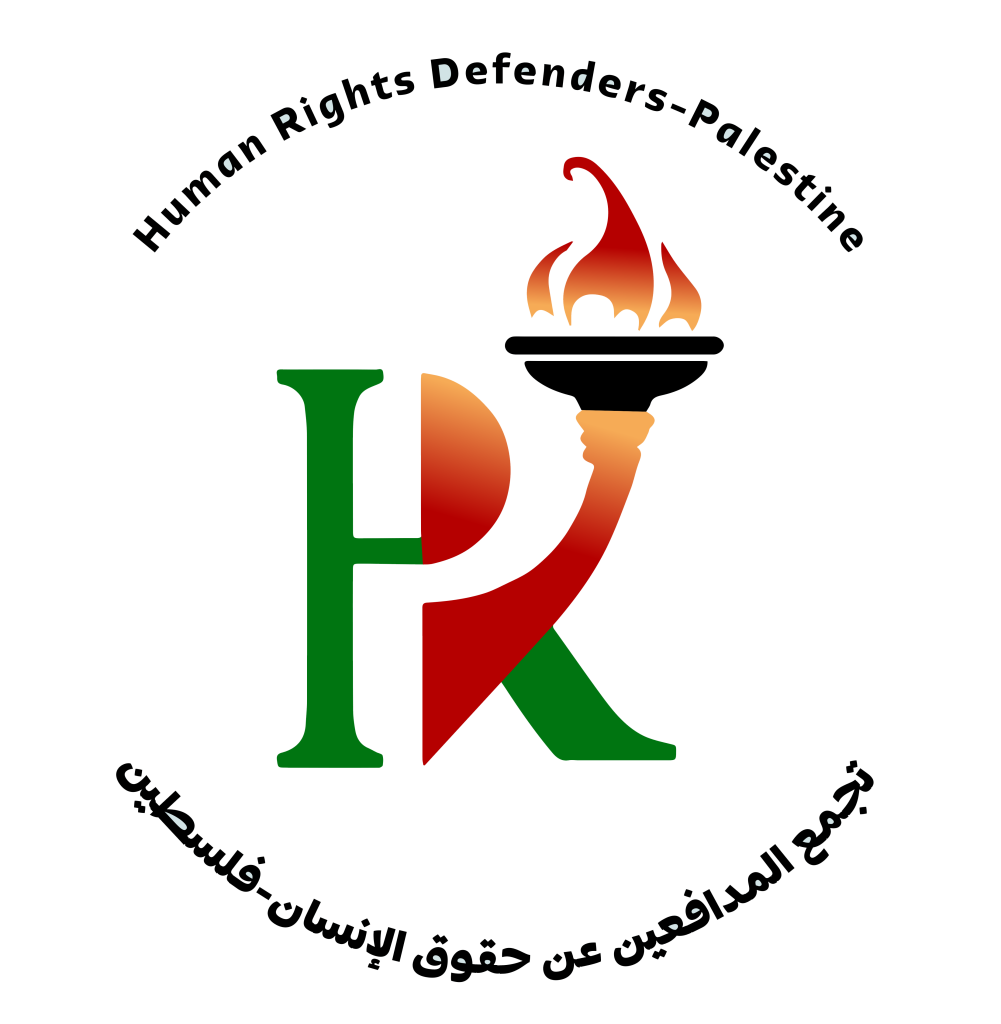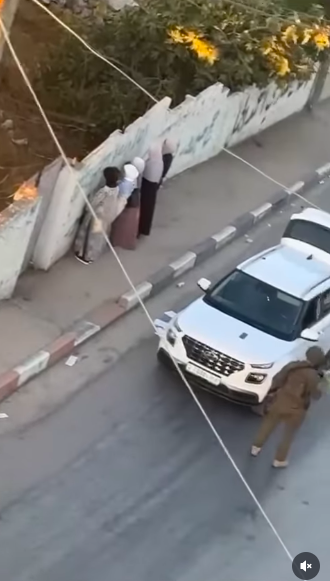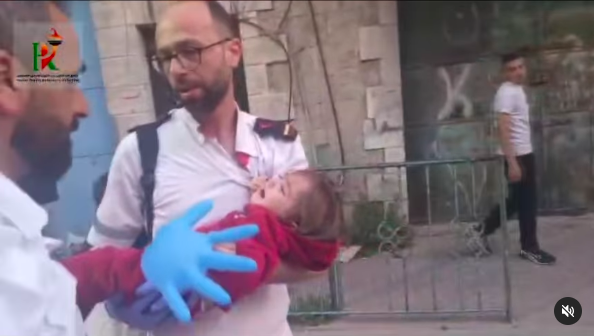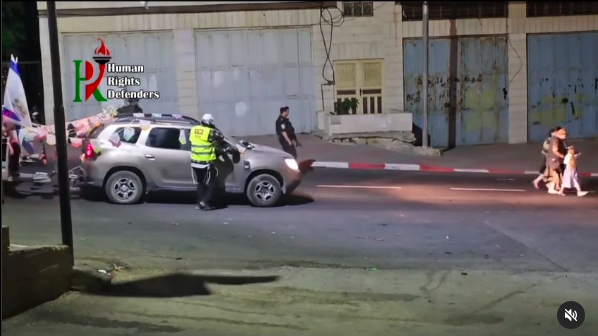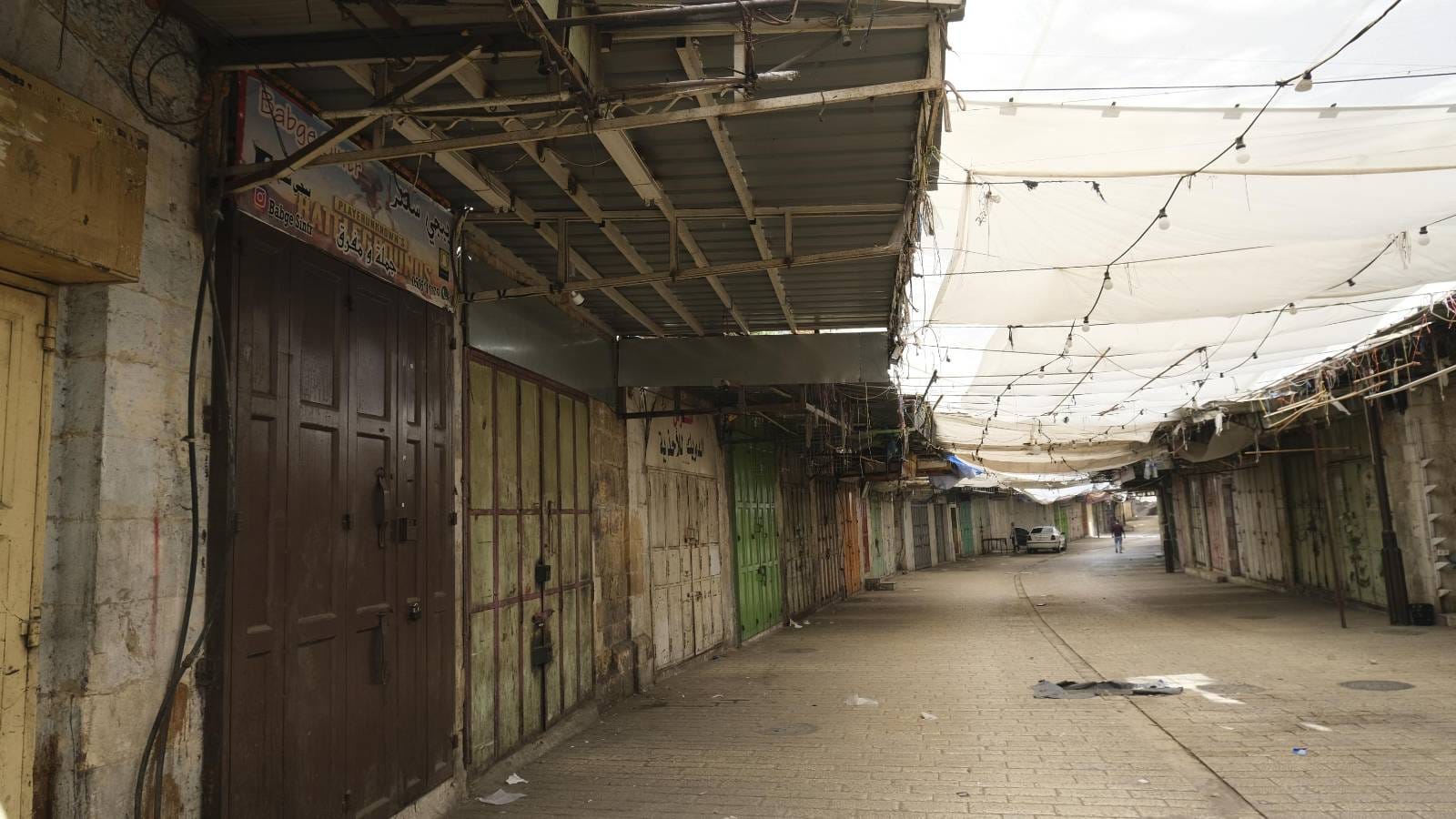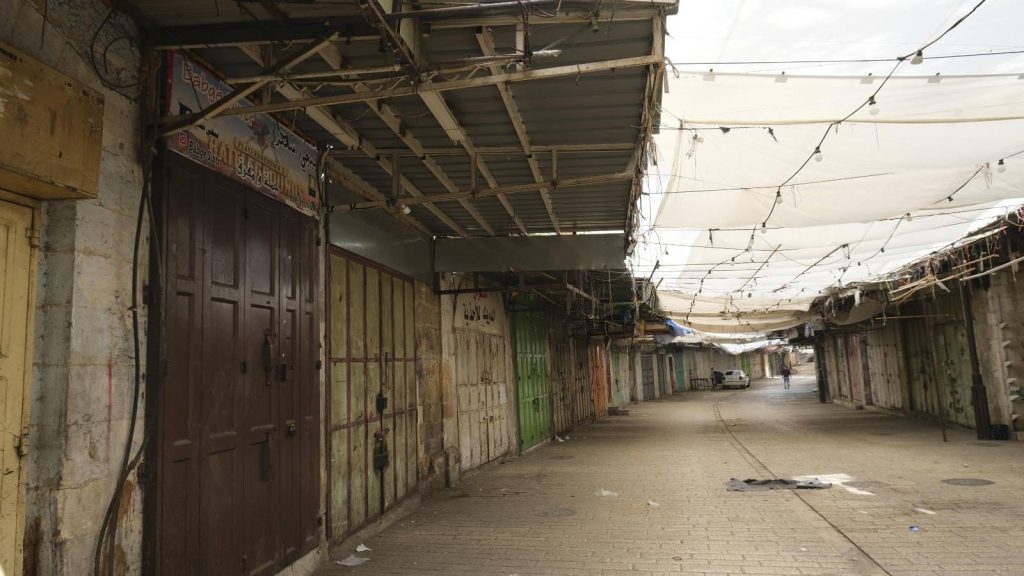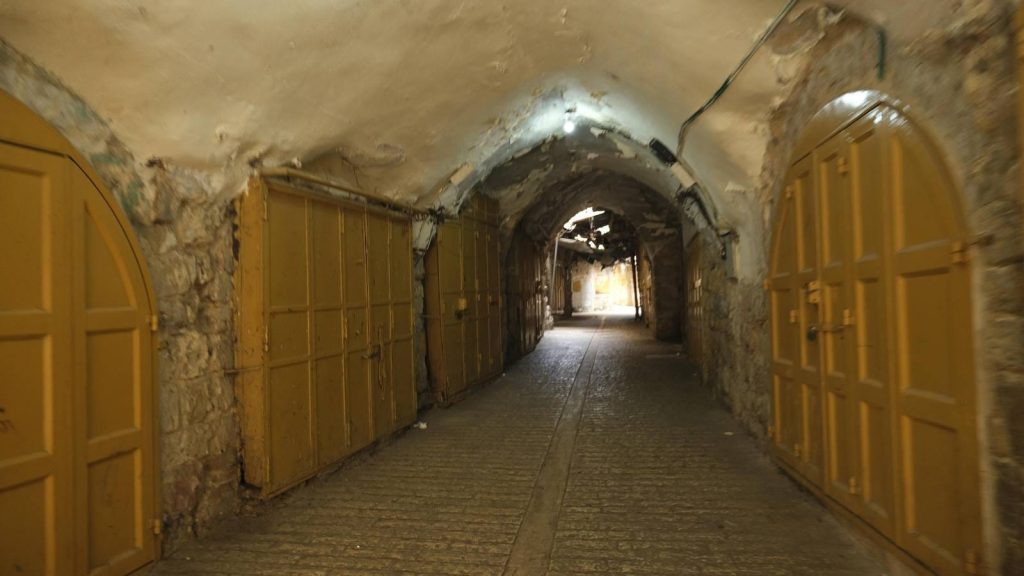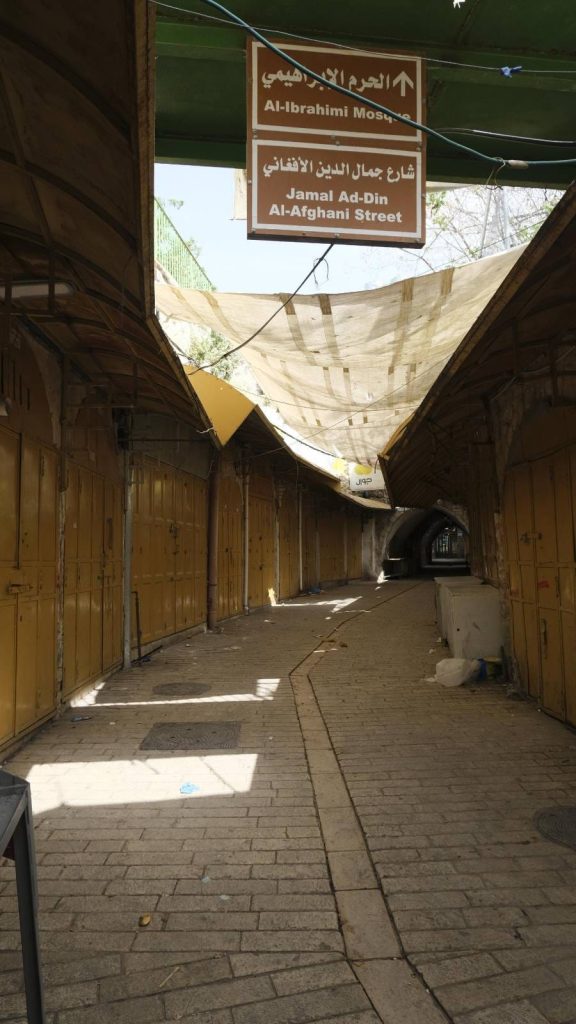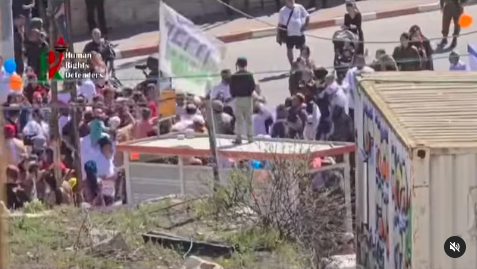Statement by the National Association of Human Rights Defenders On the Israeli Decision to Transfer Control of the Ibrahimi Mosque to a Settler Council
The National Association of Human Rights Defenders strongly condemns the Israeli occupation’s decision to transfer management of the Islamic section of the Ibrahimi Mosque from Hebron Municipality to a settler religious council linked to the illegal Kiryat Arba settlement.
This move is a dangerous escalation and a direct attack on Palestinian sovereignty and the Islamic identity of the mosque. It is part of the ongoing Judaization policy that began with the 1994 massacre and the unjust division of the mosque, which gave 60% of it to settlers.
Transferring authority to a settler body is not administrative—it deepens settler control, violates international law, and threatens the cultural and religious heritage of Hebron.
We call on:
- The Palestinian Authority to take urgent action.
- UNESCO and the international community to intervene and protect this World Heritage Site.
- Palestinians to remain steadfast and resist imposed settler realities.
The Ibrahimi Mosque is and will remain a purely Islamic endowment. All efforts to erase its identity will fail in the face of Palestinian resilience.
The National Associationof Human Rights Defenders
Hebron – Palestine


